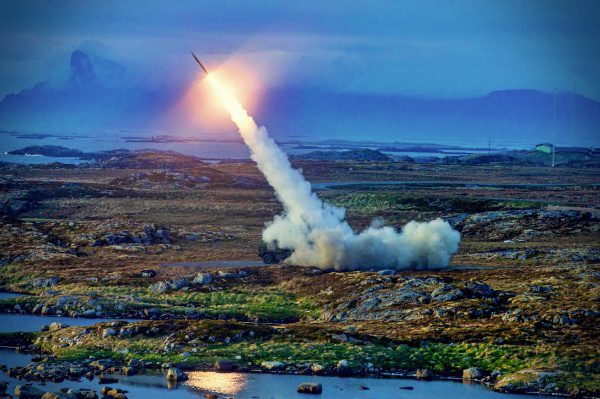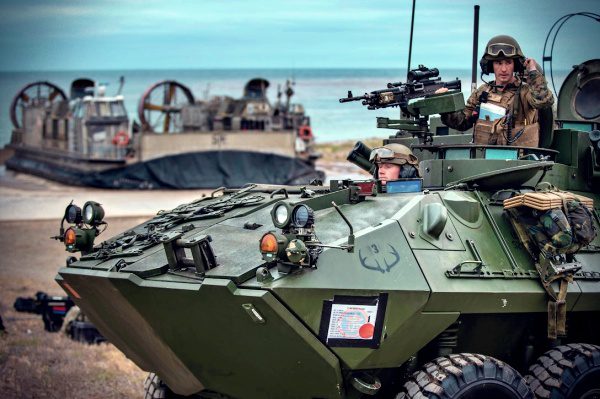The sad truth is that this will happen again’
Read more: https://www.rollingstone.com/movies/news/q-a-the-kill-team-director-dan-krauss-on-whistleblowers-and-war-crimes-20130422#ixzz2TzASCsRs
Follow the Rolling Stone: @rollingstone on Twitter | RollingStone on Facebook
In the spring of 2011, Rolling Stone reported the chilling news of a rogue band of soldiers, or “Kill Team,” responsible for murdering three Afghan civilians. Although Sgt. Calvin Gibbs was the convicted mastermind, for filmmaker Dan Krauss, the unique moral conflict rested with Spc. Adam Winfield. While on duty in Afghanistan, Winfield discovered several of his fellow soldiers were intentionally killing civilians. If he reported the behavior he would betray his brothers in arms and put his own life at risk. If he stayed silent, he’d be equally guilty. Winfield confided in his father, Chris, who attempted to report the crimes to military investigators to no avail. When Winfield returned to the U.S., he was charged with murder. Krauss’ documentary The Kill Team, which premiered this weekend at the Tribeca Film Festival, centers on Winfield and his family as they navigate the military judicial system. Krauss also interviews other members of the platoon, including Corp. Jeremy Morlock and Spc. Justin Stoner, who provide context for the team’s behavior. Rolling Stone spoke with the director, who shared his thoughts on war crimes, whistleblowers and the justice system.
The Kill Team: How U.S. Soldiers in Afghanistan Murdered Innocent Civilians
What drew you to this story?
My first film was about Kevin Carter, a war photographer in South Africa confronted with a moral dilemma. When I read about the “Kill Team” trials, specifically Adam Winfield, it held a certain resonance for me. Here was another man in the theater of war who was forced to choose between moral priorities in a way that had no clear path or no good outcome. I remember putting down The New York Times Magazine article and immediately composing a note to the Winfield family. Six weeks later, I found myself in Fort Lewis with a camera sitting face to face with Adam Winfield.
This idea of barbaric groupthink seems like a tale as old as time with the military. It reminds me of Abu Ghraib and even Colonel Kurtz in Heart of Darkness. Did you come away with that feeling as well?
These events are much bigger than just soldiers or the institution of the military. War crimes are not a new phenomenon – they’ve been occurring since the Greek wars. I just read the Odyssey and the Iliad and you see desecration and all kinds that are familiar to people who have studied similar cases from the Vietnam era. We don’t hold the licenses on war crimes. Part of the thesis of the film, part of the fundamental conflict of the film, has to do with this notion that clean war is a modern myth.
Did you get a sense of why they did it?
I’m a little hesitant to go there. I don’t think it’s my job, or the film’s job, to provide an explanation, and I intentionally left the film somewhat open ended. Adam says, ‘I still don’t understand what they did, I’ll never understand it.’ I love that he says that. To me we can’t turn this into a quantifiable scientific equation. There’s no x+y = war crimes. These are, to some degree, unanswerable questions that are fundamental to human nature. But I will say that there’s a lot of frustration among these soldiers as you can probably detect. A lot of them felt a sense of betrayal, and part of that is because the military tasked them to complete a mission that they felt like they weren’t trained for and they didn’t sign up to do. The military was in the business of nation building, and they were very, very focused on protecting the local population. The restrictions on the use of force that were put on the soldiers was in their opinion so extreme that it essentially exchanged their safety for the safety of the people. They felt that the government was more interested in protecting potential Taliban or Afghan terrorists than protecting its own troops and that was a source of great frustration and anger. It created a sense that they were being put in harms way, and they were not able to use the tools they had been equipped with. That was certainly one factor that the guys pointed to.
Donald Rumsfeld: ‘Kill Team’ Photos ‘Much Worse’ Than Abu Ghraib
What can be done to remedy these situations?
There is part of me that feels that there aren’t any solutions. There are two pieces to this. There is the whistleblower piece, and the war crimes piece. The military has a culture of protecting its own. Whistle blowers are not looked on kindly in military culture. If you ask the military about what the law is, they will say, “We have hotlines and we have people who are ready to respond.” But the fact is, especially if you are oversees in a remote part of Afghanistan, your opportunities for going to senior command or military investigators are basically nil. And that leaves you with your chain of command – and it’s a very close system. You can’t report something to someone in your chain of command without feeling pretty confident it is going to come right back to you and the guys on your left and right. And that’s a no-go for any soldier. They depend on the guys beside them, and they can’t afford to be seen as being a rat. Even amidst circumstances of murder.
Has the military put any safeguards in place? If Adam Winfield can Facebook chat his father, as he does in the film, aren‘t there military police officers he can Facebook chat?
More can be done to adjust the culture of the military so that whistleblowers and potential whistleblowers understand how to voice their concerns, and provide more mechanisms, too. In this case those avenues all failed so clearly there is more to do. But I think the biggest problem is cultural. It would be foolish for me to say, “These kinds of things won’t happen again.” Every time a nation commits its soldiers to war, we are paying a toll in terms of what soldiers are giving up to achieve that goal. The sad truth is that this will happen again.
Has the military taken any specific actions?
They have a multi-hundred page report on the command of this unit, and I hope they’ll learn from it. They’ve done an investigation of the phone call that Chris Winfield [Adam’s father] made to the military and why that wasn’t taken seriously. The military has an interest in making sure these things don’t happen again. There were certainly failures, but the military, in some ways, is very good at responding to its failings and trying to address its failings. I don’t want to say they’ve necessarily gone as far as they should have with this case, but they’ve taken some first steps.
‘Death Zone’ – How U.S. soldiers turned a night-time airstrike into a chilling ‘music video’
Much of the film focuses on the military courts. What was most surprising about the way a military court functions?
The military justice system is really based on a foundation of punishment. Historically, it was built around the idea of determining how best to dole out punishment to soldiers that have been accused of wrongdoing. It wasn’t built around an independent authority tasked with proving guilt or innocence. The people who are involved in the judicial process, including the jury members, are all the authority, the very command that have a vested interest in making sure these prosecutions go through. I’ve heard, anecdotally, that military prosecutors have a 90% plus conviction rate. There is no independent body involved in this process. Once you’ve been charged with a crime, your chances of walking away are very small.
Has the military responded since the film came out?
I don’t know how many military officials attend film festivals, but when it’s available more publicly, I think there will be some response from the military. But right now, no one has seen it.
Read more: https://www.rollingstone.com/movies/news/q-a-the-kill-team-director-dan-krauss-on-whistleblowers-and-war-crimes-20130422#ixzz2TzAcG424
Follow us: @rollingstone on Twitter | RollingStone on Facebook
Court Martial Lawyers – Alexandra González – Waddington & Michael Waddington Attorneys at Law
Related Posts
- Procedures for Taking Test
- MATSG-53 Military Lawyer | Court Martial Attorney
- Massachusetts Military Defense Lawyers
- Forest Park GA Military Defense Lawyers
- Video: Fort Campbell KY Article 120 UCMJ Court Martial Attorneys – Military Defense Lawyers
- Understanding Administrative Separation Boards for Military Servicemembers and Their Families
- Video: MCAS Miramar Military Defense Lawyers – Article 120 UCMJ Court Martial Attorneys
- Speedy Trial in the Military – R.C.M. 707: The 120 Day rule






